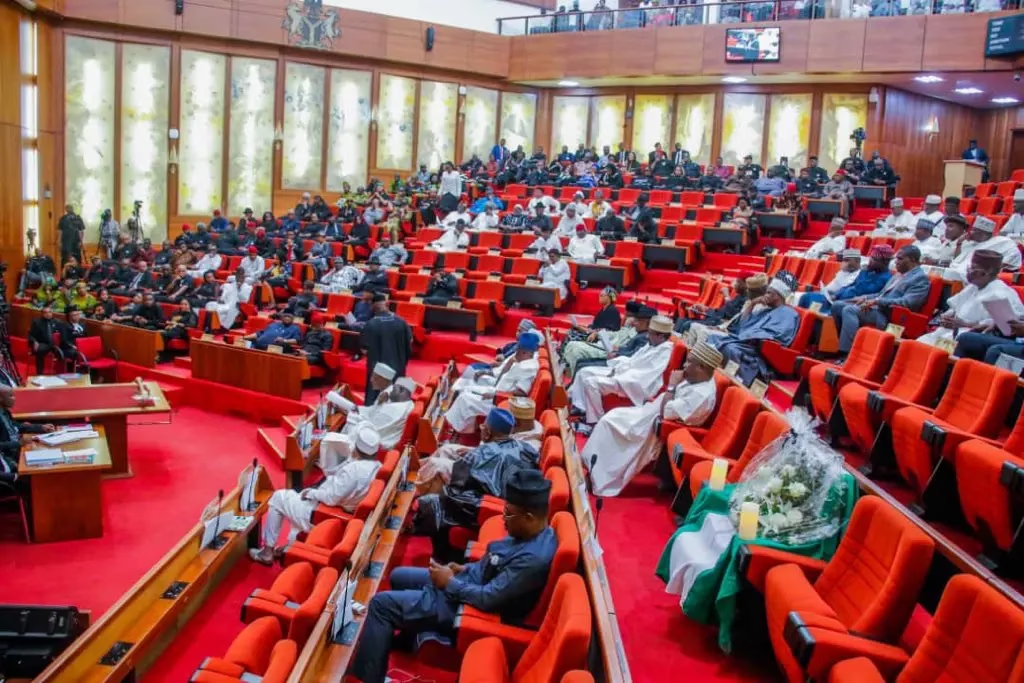The Nigerian Senate has taken a significant step towards promoting environmental sustainability and economic growth by passing the Electric Vehicle Transition and Green Mobility Bill 2025 for its second reading. The proposed legislation aims to establish a national framework for the country’s transition to electric vehicles, promoting local manufacturing and reducing its carbon footprint.
The bill, sponsored by Senator Orji Uzor Kalu, seeks to transform Nigeria’s automotive and energy sectors by fostering innovation and creating jobs across the manufacturing value chain. It provides incentives such as tax holidays, import duty waivers, and subsidies to encourage the adoption of electric vehicles. Additionally, it mandates the installation of charging stations in all fuel outlets nationwide, ensuring a comprehensive network of charging infrastructure.
To promote local content development, the bill requires foreign automakers to partner with licensed Nigerian assemblers and establish local assembly plants within three years. The assemblers must source at least 30 percent of their components locally by 2030. Failure to comply with these provisions may result in fines of up to 250 million naira per breach. Unlicensed EV importers risk even steeper fines of 500 million naira and goods confiscation.
The legislation also aims to make Nigeria a hub for electric vehicle manufacturing in Africa. Assemblers will be required to produce a minimum of 5,000 units annually, meeting international safety and technical standards. Investors establishing charging stations will be eligible for government grants and tax credits, further incentivizing the growth of the industry.
Senate President Godswill Akpabio praised the bill as a forward-looking legislative effort that aligns with President Bola Tinubu’s economic diversification and clean energy agenda. The bill has been referred to the Senate Committee on Industry for further review and is expected to return to the chamber within four weeks.
The passage of this bill marks a significant step towards Nigeria’s transition to a more sustainable and environmentally friendly transportation system. As the country continues to grapple with the challenges of climate change, this legislation has the potential to make a meaningful impact on reducing greenhouse gas emissions and promoting economic growth. With its focus on local content development and job creation, the bill also has the potential to contribute to the country’s economic diversification efforts.
